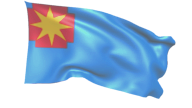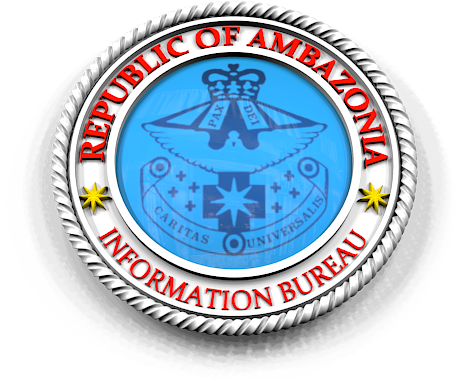Godfather of Pan-Africanism (Part 1 of 3)
Following is a series dedicated to the Godfathers of Pan-Kamerunism, the biggest enemy of the Ambazonian (Southern Cameroons) Nationalism. I have in my hit-list ten-twelve names which would become the subject of dignostic postings in the following two weeks. For those who find it hard to understand why Pan-Camerounism without honor of the plebiscite pact has to be seen as an enemy to our nationalist politics, be our guests and read on! Any questions, I am more than prepared to answer! READ ON...
Robert Jabea Debongue (Debonge) 1896 - 1974
Nothing could be more truthful and supportive of this statement and definition of Pan-Camerounism, than that when we examine each pan-Camerounian, we would definitely see clearly how they hardly have an opinion of their own, how they flirt with ideas and so are caught forever crossing carpets, politically and die without any concrete position on anything.
First Example of a Pan-Camerounian
Jabea Robert K. Debongue is the founding father of Pan-Camerouniam --which back in the days before decolonization was known simply as Pan-Kamerunism (the agenda of building a united Kamerun nation).
Debongue was born in October 1896 in Douala, Cameroun. He was a member of the Akwa Clan. He was one of the most enlightened elite during the era of German rule of Kamerun. In fact, Debongue would pass as one who served as the greatest Camerounian civil servant under colonialism --serving a good three colonial masters--Germany, France and then Britian. He is most famous to have won the coveted German Gorvernor Puttkamer Prize as the brightest student in Kamerun in 1911.
But due to oppression in Cameroun and the early days of Forced Labor or Njongmassi (in French Cameroun in the early days after France and Britain defeated Germany in World War I and shared the booty) Debongue moved to the heaven-like Southern Cameroons (Ambazonia Republic) and sought refugee status in 1918. After a few years of settling in Southern Cameroons, as brilliant as Debongue was, he realized that the center of power was in Nigeria, with which the Southern Cameroons was associated as a Mandated Territory of the League of Nations.
In Nigeria, Debongue played politics and like every other modern pan-Camerounians was caught in that terrible and dirty fight of deciding which sovereignty and what "Cameroon" to support. He hatched the idea of a United Kamerun but like most other Pan-Kamerunians of his time, weaved to and fro between wanting an independent Southern Cameroons, a union of Southern Cameroons with Nigeria, and or a union of Southern Cameroons with French Cameroun (Cameroun Proper).
By 1944, Debongue had risen to hold the office of Assistant Chief Clerk in the Southern Cameroons Administration in Buea. After a brief return to his home town in Douala, he found out that his life experience and ambitions to build a much more prosperous nation were at odds with the way he found Cameroun politics at that time. This incompatibility made him to return to the Southern Cameroons, without hesitation. He helped found the Cameroons Workers Union (CWU) in Buea. He was also a founding father of the Cameroons National Federation (CNF), and with N. N. Mbile, (the number four or even three man on my hit lists of Pan-Camerounians) he help found the Kamerun United National Congress (KUNC) --The beginning of PAN-KAMERUNISM (Note how the spelling of all political parties begin with "K" -- for KAMERUN.
He later merged the KUNC with the CNF to form the Kamerun National Congress (KNC) with Dr. Emmanuel M. L. Endeley, amongst others. According to Ngoh (1990), Debongue "initially favored reunification between the British and French Cameroons but later changed his position and campaigned in favor of Southern Cameroons associating with Nigeria".
Debongue was at one time a member of the Southern Cameroons Marketing Board and the Southern Cameroons Development Agency. Although he was not a Southern Cameroonian, R.J.K. Debongue was one of the pacesetters of Southern Cameroons politics (Ngoh 1990) of destruction from within, I must add! Debongue died in Tiko in 1974 at the age of 74 years, and was taken home for burial in Douala, Cameroun, as all "Came no gos" end.
For more details, see books and articles by Professor Ndive Kofele-Kale, Edwin Ardener, Victor J. Ngoh, Willard Johnson, Samson Adeoye George and many more works all centered on "The Kamerun Idea."


